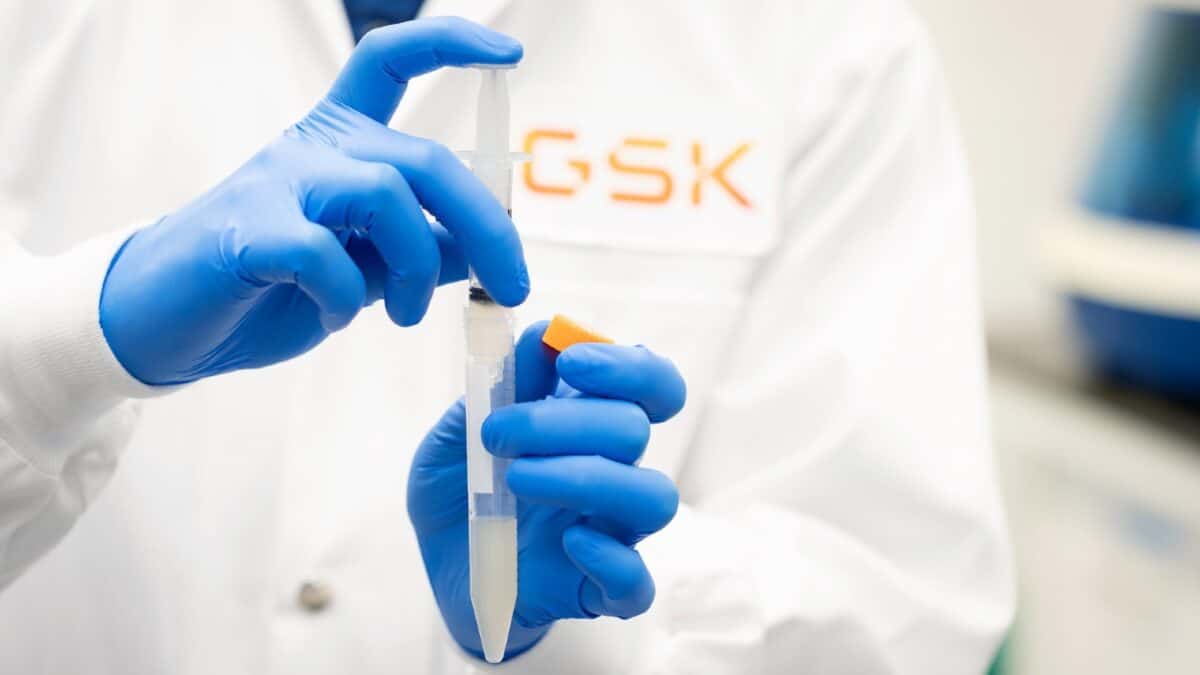Rooting through the FTSE 100, I see a number of stocks appearing to offer phenomenal value. And at 1,438p, the GSK (LSE: GSK) share price currently stands out from the crowd.
But is it worth the risk? Here’s my take.
A struggling stock
First, I’ll start with the big dark cloud that has been hanging over the stock since early 2020. This is the wide-ranging litigation relating to the company’s heartburn medication Zantac.
Should you invest £1,000 in Ocado right now?
When investing expert Mark Rogers has a stock tip, it can pay to listen. After all, the flagship Motley Fool Share Advisor newsletter he has run for nearly a decade has provided thousands of paying members with top stock recommendations from the UK and US markets. And right now, Mark thinks there are 6 standout stocks that investors should consider buying. Want to see if Ocado made the list?
The decades-old treatment was taken off the market in 2020 as GSK (formerly GlaxoSmithKline) and other drugmakers faced claims that it contained a cancer-causing agent.
The stock has never fully recovered and is down 17.5% in four years. The sharp drop visible on the chart below followed the emergence of litigation cases in August 2022.
So where are we now? Well, GSK doesn’t admit any liability in these cases, but has already confidentially settled a few. Others have been thrown out while thousands more are still going on.
However, Citi analysts reckon the company could settle all Zantac lawsuits for a total of about $5bn as soon as the first quarter of 2024.
That’s not guaranteed, of course, and there’s a risk it could be much more than that (or less). For context, GKS is forecast to generate £6.2bn in net profit ($7.5bn) this year.
A very cheap stock
Looking at the valuation, I suspect these issues remain fully priced in. After all, we’re talking about a price-to-earnings (P/E) ratio of 9.5 for an established global pharma firm with 67 assets in clinical development.
Not only is GSK’s P/E multiple cheaper than the FTSE 100 average (14), it’s also more than 50% less than the global pharmaceutical sector average. This lays bare just how cheap the shares are.
Meanwhile, the ongoing share price weakness has resulted in a forecast dividend yield of 4%. And this is covered 2.6 times by expected earnings. All in all, the stock looks like a bargain.
Solid quarter
On 1 November, the firm reported that Q3 sales increased to £8.1bn, a 10% year-on-year rise (or 16% excluding previous Covid sales).
Adjusted operating profit grew 15% (22% excluding Covid) while adjusted earnings per share (EPS) rose by 17% (25%).
Management trumpeted the recent launch of Arexvy, the world’s first vaccine for the respiratory virus RSV. It pulled in an impressive £709m during the quarter.
Looking to the full year, the company lifted its adjusted EPS growth guidance to 17%-20% from a previous range of 14%-17%.
How did the market respond to this? With a shrug of the shoulders, basically. And this just shows how much the litigation is still souring sentiment.
Risk-reward balance
Weighing all this up, I think the risk-reward set-up looks very attractive for investors today.
However, I’m wary that my portfolio might be getting a bit overconcentrated with pharma stocks at the moment. That’s because I have AstraZeneca at the top of my buy list and already own shares of Novo Nordisk and Moderna.
Mind you, if I didn’t have this portfolio dilemma, I’d be getting ready to put some money to work in GSK shares. There could be a massive relief rally just around the corner if the litigation battles are fully resolved in early 2024.








